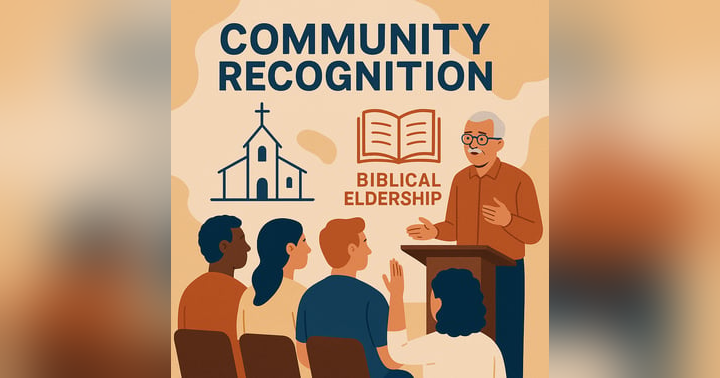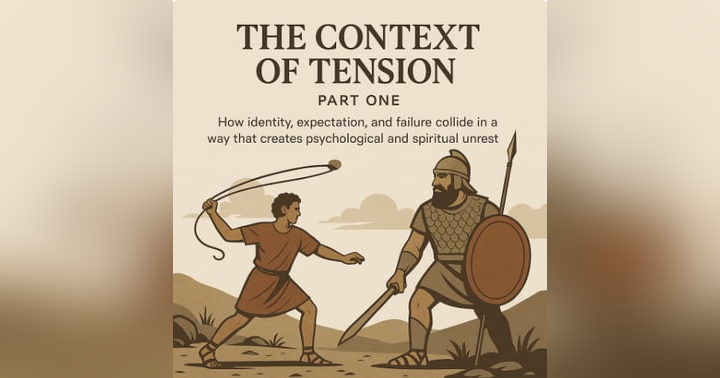A Tale of Two Churches: Why Culture Is the Missing Link

A Tale of Two Churches: Why Culture Is the Missing Link
I recently surveyed 100 church websites across the United States. My goal wasn’t to critique doctrine or nitpick theology—it was simpler than that. I just wanted to know:
Do they have a culture statement?
Not a beliefs page. Every church has that. I’m talking about a clear, intentional statement of how they behave, interact, and operate—their culture. What I found was shocking:
Less than 5% had any clear articulation of their culture.
That’s not a typo. So let’s dig into why this matters, starting with a business lens that reveals more about church life than we might like to admit.
Small Business vs. Franchise: Two Cultural Frameworks
The Garage Startup: Culture Built on Passion
Picture two entrepreneurs starting a business in a garage. It’s scrappy, purpose-driven, and all-in. As they grow, they hire like-minded people who naturally adopt the founders’ passion.
But eventually, growth demands structure. The founders step back from the daily grind and suddenly realize something sobering:
Without intentional effort, culture starts to drift.
The moment you stop shaping it, culture shapes itself—often in ways you never intended. The best companies recognize this and act early, before things get out of hand. They codify values, behaviors, and expectations.
The Franchise Model: Culture in a Box
On the flip side, you’ve got the franchise model—think Chick-fil-A or McDonald’s. Everything is defined upfront: products, processes, uniforms, greetings, rules. No guesswork.
Culture is built-in. You’re not inventing anything. You’re stewarding someone else’s blueprint. And it works, as long as you follow the system.
So what does all this have to do with church?
Churches Are Businesses (Sort Of). And Culture Matters More Than You Think.
Let’s translate this to the church world. We’ll group churches into two broad categories for simplicity’s sake.
Denominational Churches: Culture by Inheritance
Large denominational churches operate like franchises. They follow inherited systems passed down for generations—beliefs, behaviors, dress codes, leadership styles, even worship formats.
And the culture? It's baked in. But it's also outdated, rigid, and often enforced with zero input from the people in the pews.
These churches rarely build culture; they preserve it. And preservation often becomes calcification. Ask too many questions, suggest too much change, or veer from tradition, and you're labeled a threat to unity.
Membership is often generational. Culture isn’t discussed—it’s assumed. But the real tragedy? Many members don’t even know what kind of culture they’re part of. They’re just following rules handed down without asking whether they still lead to life.
Non-Denominational Churches: Culture by Accident
Non-denominational churches typically start smaller, more agile, and more flexible. That’s the good news.
The downside? Culture is often an afterthought.
These churches are frequently “planted” by other churches and inherit someone else’s playbook. Bylaws are copy-pasted. Values are aspirational at best. And the founding pastor’s personality becomes the de facto culture—until it doesn’t work anymore.
Others start entirely from scratch—one person feels called to lead, gathers a few people, and just starts. Culture forms organically, but often without clarity or intention. The result? Confusion. Clashes. Burnout. And eventually, people leave without ever being able to say exactly why.
So What’s the Point?
Here it is: Culture isn’t optional.
If your church doesn’t define it, embrace it, and live it—then the loudest voices, the oldest traditions, or the most persistent personalities will do it for you. Often without accountability, and certainly without self-awareness.
Here’s the hard truth:
Building culture after the fact is ten times harder than doing it from the beginning.
And yet, that’s where most churches are—trying to retrofit values into systems that weren’t built to hold them.
The Wake-Up Call: It’s Time to Stop Assuming and Start Defining
Culture is your church. Not your statement of faith. Not your mission slogan. Not your building or budget.
Culture is what people feel, see, and experience every time they walk through your doors or interact with your people.
So let me ask the uncomfortable question:
If your church disappeared tomorrow, what kind of culture would the community say you had? Would anyone even notice?
If the answer makes you squirm, good. That’s where change starts. This isn’t about blame—it’s about clarity. And courage.
Final Word: Don’t Just Copy, Create
Whether your church started with vision and fire or inherited a legacy of doctrine and duty, you have a choice. You can drift, or you can define. You can inherit culture, or you can shape it.
And shaping it means doing the hard work—naming your values, embodying your behaviors, and holding your team accountable.
It’s time to stop assuming culture is in place because “we love Jesus.”
Loving Jesus is the starting line—not the finish line.
Define your culture. Lead from it. And invite others to build something better—on purpose.
Do you want to deep dive this subject? Listen to this fascinating discussion on the ruthless elimination of proof texting.

